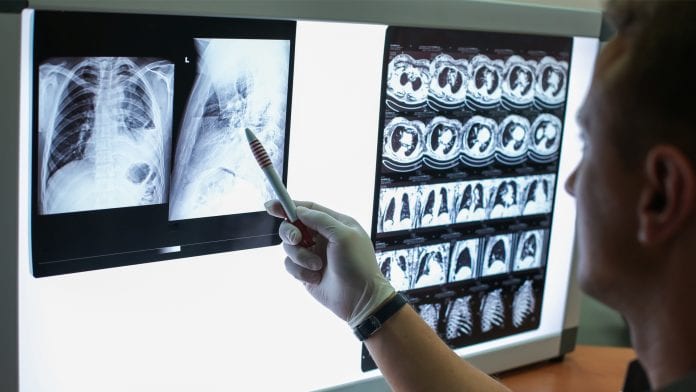
One million people in the Philippines have active TB, a figure which is reportedly on the rise – could the WITNESS project use TB modelling to tackle the issue?
Leading predictive simulation specialists, Lanner, have helped pave the way in a pioneering three-year research programme designed to tackle escalating Tuberculosis (TB) rates in the Philippines, working in partnership with the Liverpool School of Tropical Medicine. Using detailed process mapping and mathematical logic, developed using Lanner’s simulation software platform WITNESS, real-life scenarios are modelled, allowing Da La Salle Medical and Health Sciences Institute (DLSMHSI) in the Philippines and the Liverpool School of Tropical Medicine to analyse the impacts of new diagnostic tests via TB modelling.
WITNESS the TB modelling
The WITNESS model simulated ten years of real-time diagnoses and compared many elements of the operational and financial outcomes, particularly considering the innovative GeneXpert introduced additional costs along with its efficiencies.
Lead modeller Ewan Tomeny from the Liverpool School of Tropical Medicine, UK, explains: “Though we recognised the new GeneXpert test was our best option for quickly identifying TB within a patient, as it analyses samples at a genetic level, it is considerably more expensive than microscopy; costing around £13,000 (~€14,300) per diagnostic machine and each test costing another £12”.
“It is therefore critical that policy-makers and patrons are confident that extra investment is justified, and that the machines are incorporated into the testing process in the right place.”
Through a collaboration with colleagues at DLSMHSI, the Liverpool School of Tropical Medicine were able to secure funding from the UK Medical Research Council and the Philippine Coalition of Health Research and Development to explore the different diagnostic options for GeneXpert using WITNESS.
Measuring and analysing patient impact
Professor Charles Yu, the Principal Investigator in the Philippines reflected: “The WITNESS model provided us with many of the key insights we needed to inform decisions relating to rolling out the new technology, including the number of patients who could be correctly diagnosed with TB (true positives), those who would be missed (false negatives) and those, who don’t have TB and would nevertheless be placed on to treatment (false positives).
“WITNESS enabled us to not just calculate the benefits of implementing GeneXpert, it also enabled us to measure and analyse patient impact. This included direct out-of-pocket spending associated with taking part in the diagnostic tests, but also transport, food and accommodation, as well as any indirect costs related to lost time, which WITNESS was able to expose effortlessly.”
Andrew Aitken, COO for Lanner Group, said: “WITNESS was invaluable to this pioneering research, allowing the team to represent multiple intricate real-world pathways in a clear and precise way, while easily accommodating the complex underlying logic.
“As well as enabling the team to clearly explore the impact of implementing GeneXpert testing, we trained clinicians, programme managers and junior researchers on how to use WITNESS for planning TB diagnosis operations in the Philippines. We are proud to work to be a part of this project, ensuring we are enhancing society together – a key strategic principle from our parent company Royal HaskoningDHV.”
More about WITNESS
The Liverpool School of Tropical Medicine has been modelling with WITNESS for 9 years, and in this time have worked in many countries, including Brazil, South Africa, Ethiopia and Tanzania. They have also modelled important health issues such as sepsis, child and maternal health and emergency care.
The team’s modelling in the Philippines predicts that full rollout of GeneXpert will see more patients correctly diagnosed, with patients facing lower patient costs and a faster time to diagnosis. It also projects an increase to the number of Multi-Drug resistant TB (MDR-TB) cases receiving appropriate treatment, which is vital for progress towards Ending TB in line with WHO’s goals.







